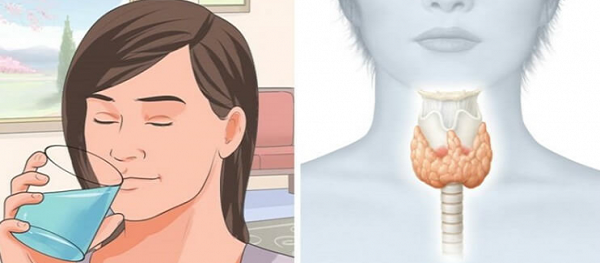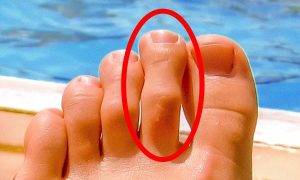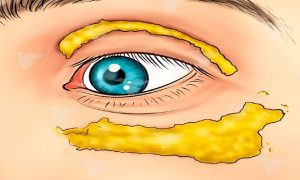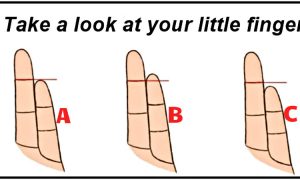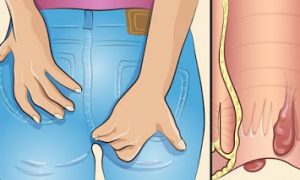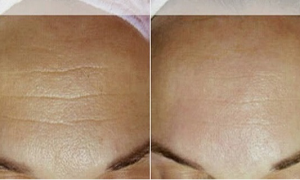RFor the correct functioning of the body, the thyroid gland needs to be fixed. The lack of sufficient hormones from the thyroid gland would lead to several problems, especially eczema and heart diseases. Similarly, hypothyroidism is what leads to several other problems like fatigue, weight gain, hair loss, episodes of anxiety, and others. This happens only when the thyroid is too weak or inactive to produce the necessary hormones required (Triiodothyronine and thyroxine). Both of these hormones reach the various organs of the body and actively help in improving the metabolism rate of the body and also help in the energy formation in the muscles.

To truly understand the deficiency in your thyroid glands, you need to ask yourself several questions. Most often, when someone suffers from problems that give no indicator of any thyroid problem, it is usually that gland which is creating the mess. Even doctors don’t bother trying to check the thyroid gland and prescribe several other medicines which might appear to be working for short-term period but lead to greater problems later. One needs to ask themselves- if they are getting proper diet, proper rest, proper sleep, and a healthy, active lifestyle. For these are important and essential to survival.
Let’s see how one can restore their thyroid gland.
Diet
- Eggs
- Mushrooms
- Sardines
- Chicken
- Shrimps, prawns
- Mutton
- Oats
- Vegetables
- Mulberry, Blueberry, Strawberry
- Lemons
What you need to avoid
- Beer- very important
- Dairy Products, except egg.
- Sugar, and sugar-based products
- Any form of grain
- Beans
Also, one needs to hold off on several diets that are calorie restricted, diets which have extremely low-fat, and food items that have a low carb count.
Apart from these, one needs to hold off on Goitrogenic food for no more than 6-8 times a week, which should be steamed, rather than raw.

Working out is a very important part of this entire regimen, and should be done atleast for an hour daily. It should include:
- Walking- slow paced, mixed with concentrated fast paced walking to regulate the heart.
- Swimming- very good for the muscles, helps in distributing fat all over the body and keeps the blood pressure in check.
- Hiking- usually to a point with a high altitude, where the fresh air would clear out the lungs and help refresh the thyroid gland.
After a certain point of time, say around a month or two, when one gets accustomed to the concentrated strain they are putting their body through, you can move onto more concentrated, isolated exercises:
- Bodyweight- Pushups, pull-ups, squats, sit-ups
- Weightlifting- Deadlifts, Curls, and isometric exercises.
With a dedicated regimen and continuous motivation, one’s thyroid can reach the level that they are aiming for, leading to a healthy and safe life.


